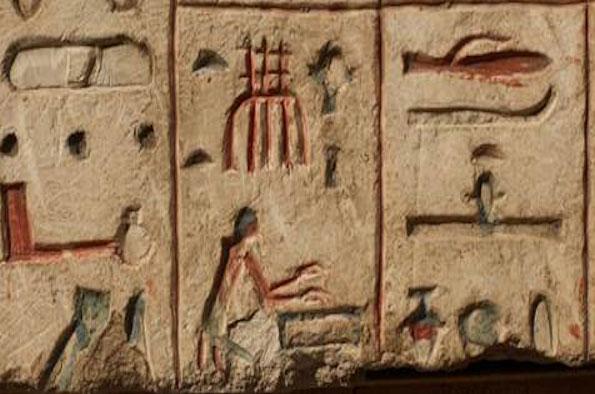
The Accessibility of the Egyptian Ritual
- Dr Violaine Chauvet
- Admission: Free
Add this event to my calendar
Click on "Create a calendar file" and your browser will download a .ics file for this event.
Microsoft Outlook: Download the file, double-click it to open it in Outlook, then click on "Save & Close" to save it to your calendar. If that doesn't work go into Outlook, click on the File tab, then on Open & Export, then Open Calendar. Select your .ics file then click on "Save & Close".
Google Calendar: download the file, then go into your calendar. On the left where it says "Other calendars" click on the arrow icon and then click on Import calendar. Click on Browse and select the .ics file, then click on Import.
Apple Calendar: The file may open automatically with an option to save it to your calendar. If not, download the file, then you can either drag it to Calendar or import the file by going to File >Import > Import and choosing the .ics file.
The impression given by the great temples of New Kingdom and Graeco-Roman Egypt is one of an official religion, in which the king (or priest as his representative) performed personal cult-service for his fathers, the gods: the cult was private, and did not involve congregational service.
At the same time, the modern scholarly tradition has treated the allusive and often self-contradictory mythology of the temple cult as source material to create a theology, and so claim to list the beliefs of the ancient Egyptians.
Yet outside the ideological context of royal ritual, the interest lies not in trying to envisage theological beliefs, but what the ordinary Egyptian believed but what he did in the practice of his religion, in a world where his personal involvement in rituals marked his socialisation in both the visible and the invisible world.
About the LES:
The Liverpool Egyptology Seminar is a lecture series featuring scholarly guest speakers presenting their current research in the field of Egyptology, in keeping with the expertise and interests of the UoL Egyptology Research Group.
